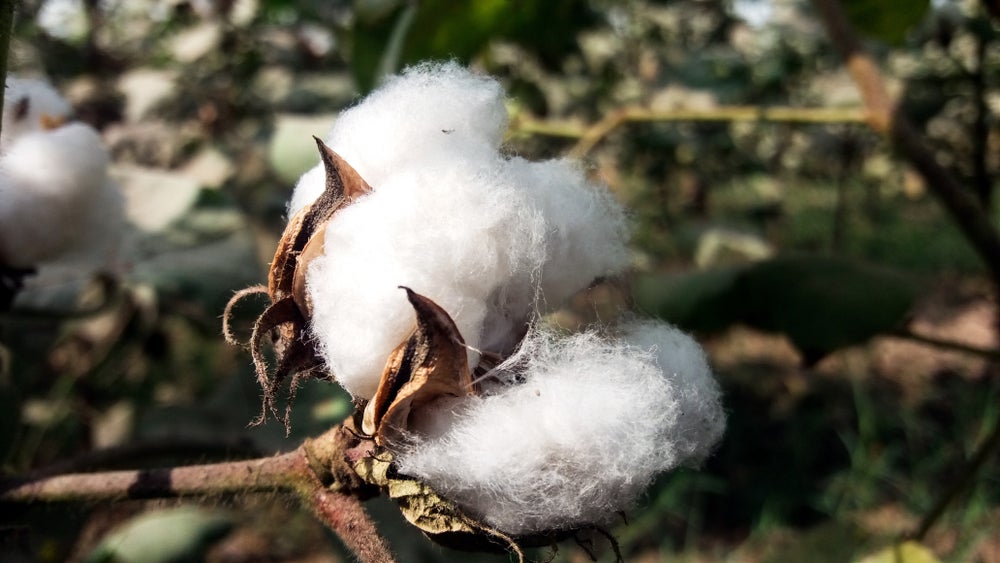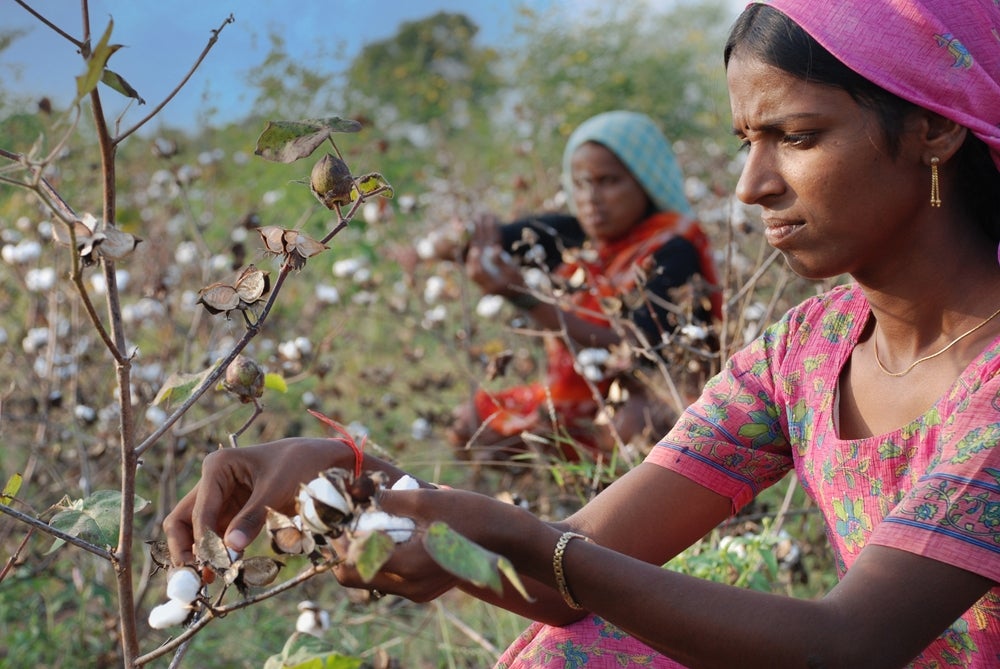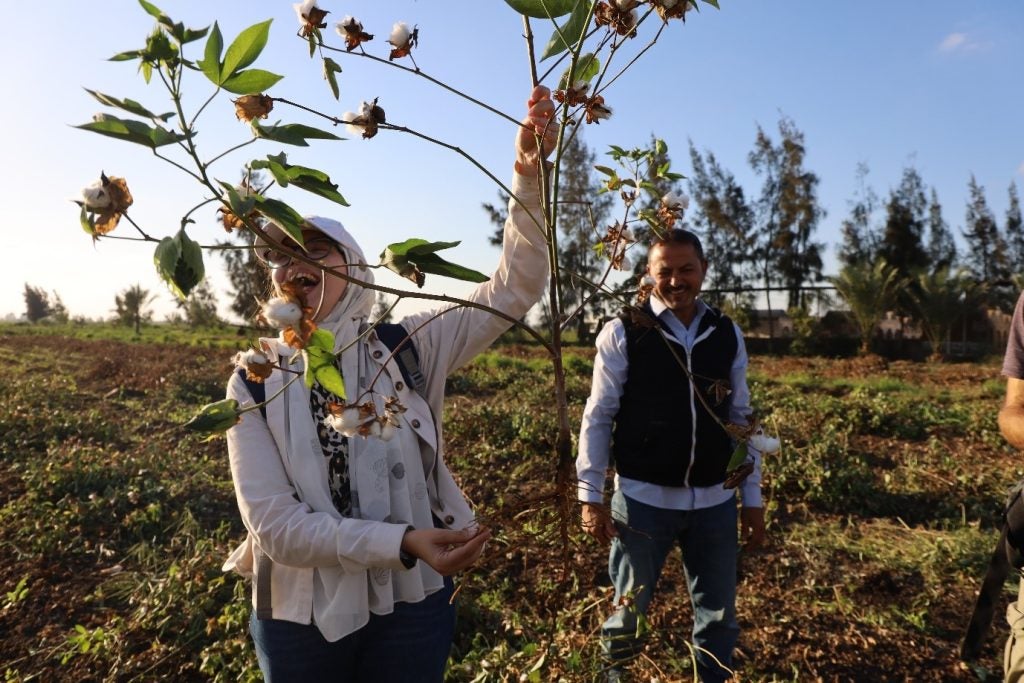A new standard for regenerative organic agriculture, including cotton production, has been developed by a group of farmers, ranchers, non-profits, scientists, and brands – including outdoor apparel company Patagonia.
Led by Rodale Institute, a non-profit dedicated to pioneering organic farming through research and outreach, the Regenerative Organic Certification aims to increase soil organic matter over time, improve animal welfare, provide economic stability and fairness for farmers, ranchers, and workers, and create resilient regional ecosystems and communities.
Developed under the auspices of certification body NSF International, which is facilitating a public comment process, the standard acts to provide “stepwise guidance” for farming and ranching operations, transportation, slaughter, and processing facilities that produce food, cosmetics, and fibre.
According to a post on Patagonia’s ‘The Cleanest Line’ blog in December last year, regenerative organic agriculture includes any agricultural practice that increases soil organic matter from baseline levels over time, provides long-term economic stability for farmers and ranchers, and creates resilient ecosystems and communities.
“Put simply, this approach presents an opportunity to reclaim our farming system on behalf of the planet and human health—while fulfilling the obvious need to feed and clothe billions of people around the world. We can produce what we need and revitalise soil at the same time, thereby sequestering carbon currently polluting the atmosphere and warming our planet.”
The environmental outcomes of a systemic shift to regenerative organic agricultural practices could be profound, says Rodale Institute. According to research conducted by the non profit in 2014, if current crop acreage and pastureland shifted to regenerative organic practices, 100% of annual global CO2 emissions could be sequestered in the soil.
How well do you really know your competitors?
Access the most comprehensive Company Profiles on the market, powered by GlobalData. Save hours of research. Gain competitive edge.

Thank you!
Your download email will arrive shortly
Not ready to buy yet? Download a free sample
We are confident about the unique quality of our Company Profiles. However, we want you to make the most beneficial decision for your business, so we offer a free sample that you can download by submitting the below form
By GlobalDataFor Patagonia the need is clear. “‘Conventional agriculture’ is harming the planet, exposing people to toxic chemicals, and causing unnecessary suffering to animals that support the system,” reads another ‘Cleanest Line’ post from last month.
Meanwhile, both Patagonia and Rodale Institute say the new certification does not aim to supplant current organic standards but instead will work to support them, providing detailed guidance on how producers can establish and implement a regenerative organic framework that builds soil health.
“Regenerative Organic Certification does not aim to compete with—or negate—current organic standards. It builds upon the standards set forth by USDA Organic and similar programs internationally, particularly in the areas of animal welfare and farmer and worker fairness. With additional emphasis on the regenerative organic practices aimed at increasing soil health and potentially sequestering carbon, we could mitigate the damage conventional agriculture has done to our shared planet,” Patagonia adds.







